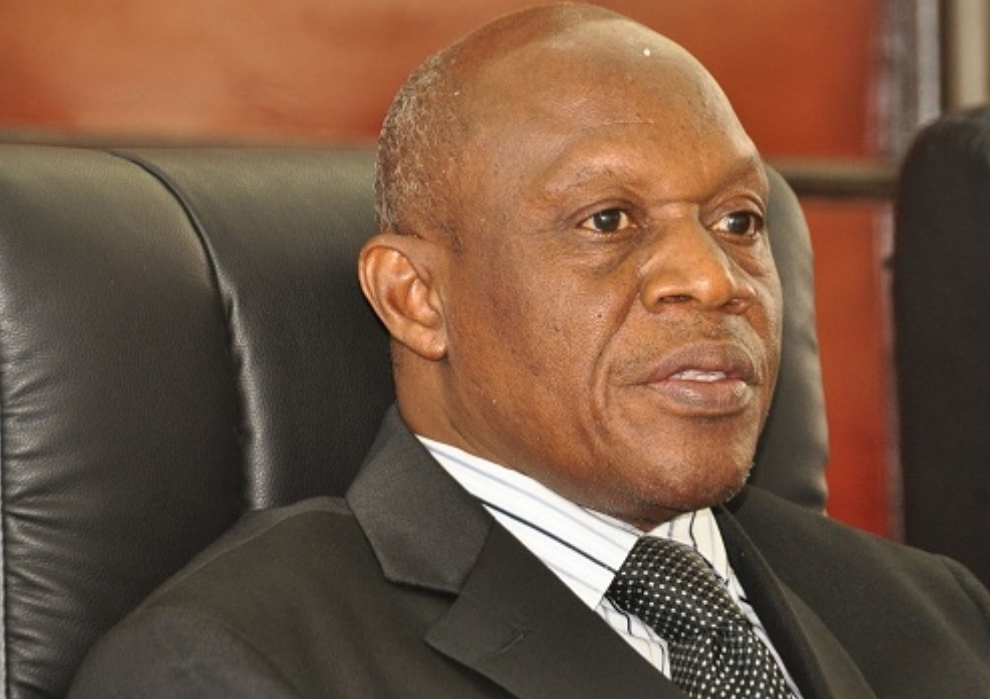Justice Atuguba raises concerns over judicial appointments and Electoral Commission’s integrity

Former Supreme Court judge, Justice William Atuguba has voiced concerns about the current judicial appointment process, alleging that senior judges are being passed over in favor of less-qualified candidates due to factors unrelated to merit or established protocols. He suggested that the selection process may be influenced by considerations that deviate from accepted norms, raising questions about its integrity.
In an interview with JoyNews, Justice Atuguba criticized the situation, stating, “The thing with this country is, people just love to take the power and subvert it. They take the power and subvert it. That’s what is happening. They feel that they have the power; that is not the power.” He further questioned why more experienced and competent justices are being overlooked in favor of less-experienced candidates, asking, “Why must some senior and more competent justices be left while others with less experience are posted to the highest court? What is it about?”
Justice Atuguba’s remarks came as some recent judicial appointments made by President Akufo-Addo to the nation’s Supreme Court are still awaiting parliamentary approval.
In addition to his concerns about the judiciary, Justice Atuguba, who presided over the nine-member panel of judges that adjudicated the 2012 Election Petition, also expressed apprehension regarding the electoral commission’s handling of the voter register. He highlighted the commission’s refusal to allow a forensic audit of the register as a threat to fairness and transparency in the electoral process.
“The EC man was saying there would be no further exhibition for now. And when again? Would there be any further exhibition before the election and within adequate time for people to raise matters? They have to let the people know how they have addressed them,” he remarked.
Justice Atuguba emphasized that the Electoral Commission has a constitutional duty to ensure transparency and effective regulation, stating, “The Electoral Commission shall, by constitutional instrument, make regulations for the effective performance of its functions. So that’s their duty, not just to exercise power. That is their power. So, if that is not manifestly shown, they are not actually acting within their constitutional power.”
He concluded by warning against the misuse of power, a recurring issue he sees in Africa. “We just love power. We just look at it. I am in charge, and that’s the end, and that is not constitutionalism. That is not it. Unless we get out of that mindset and say that the law is not any private person’s property; it is the most public, the most binding system of doing things; everybody is under that.”




